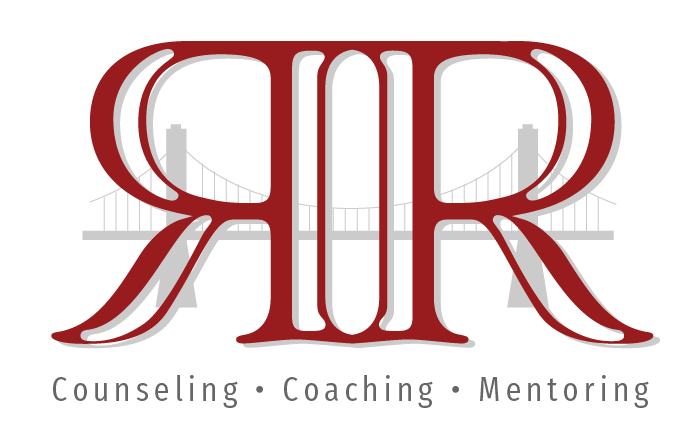Group work is a goal directed activity with small numbers of people aimed at meeting psycho-social-emotional needs and accomplishing tasks. Small groups, rather than large ones, allow the individuals to identify themselves as members, to engage in face-to-face interaction, and exchange thoughts and feelings among themselves through verbal and nonverbal communication processes. Goal directed activity has many purposes --
- to educate,
- to effect growth,
- to help social functioning,
- to rehabilitate or promote behavior change.
Group populations are defined by a particular physical or psychological condition, a social identity, or by a challenge that arises from their stage of life or personal history. Members are bonded together by this common interest as well as by common characteristics. A group population may be:
- adolescents,
- sandwich generation,
- widowed seniors,
- parents with children with special needs,
- expectant parents,
- divorced singles,
- step-parents,
- empty nest mothers,
- retired men,
- couples looking to recoup their intimacy,
- individuals with chronic health issues.
Groups can be a very dynamic force, affecting members by providing:
- mutual support,
- cohesiveness,
- quality of relationships,
- universality,
- instillation of hope,
- altruism,
- acquisition of knowledge and skills,
- catharsis,
- corrective emotional experiences,
reality testing.
Relief is gained in sharing pain and in being heard, understood and accepted by others, and the realization that you are not unique in your suffering. Members helped by each other are also helped by the knowledge that they have been useful to others - confirming a sense of one's self-worth. Members can gain skills, understanding, and emotional learning that can reduce their level of vulnerability and increase their empathy toward others.
